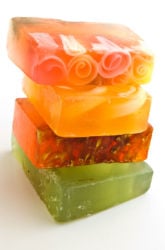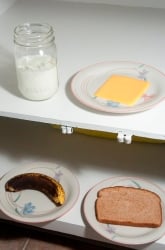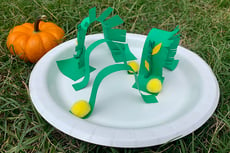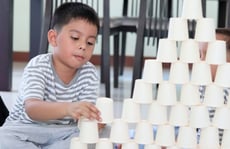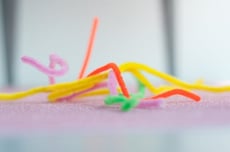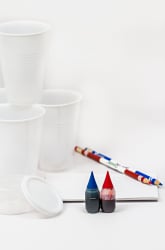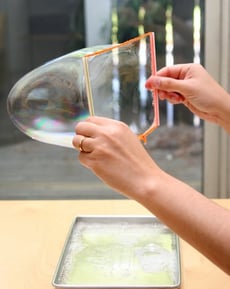2nd Grade Engineering and Science Inquiry Activities
About 2nd Grade Engineering And Science Inquiry Activities
On Education.com, second-grade engineering and science inquiry activities provide hands-on challenges that encourage children to explore topics like matter, life science, and astronomy. Examples include building bridges, designing egg protectors, creating balloon cars, and studying simple machines. These activities promote critical thinking, problem-solving, and creativity through structured experiments.
This page offers a variety of educational resources such as printable worksheets, interactive games, and lesson plans that enable students to investigate nature, engineering principles, and scientific concepts. Each activity is designed to make learning engaging and accessible while fostering curiosity and inquiry skills. They are suitable for classroom instruction or at-home learning.
Educators and parents can save time by accessing ready-to-use activities that blend fun with hands-on learning. Teaching supports include step-by-step instructions, materials lists, and activities aligned with curriculum standards. These resources help children develop a strong foundation in science and engineering while enhancing observational and analytical abilities.
This page offers a variety of educational resources such as printable worksheets, interactive games, and lesson plans that enable students to investigate nature, engineering principles, and scientific concepts. Each activity is designed to make learning engaging and accessible while fostering curiosity and inquiry skills. They are suitable for classroom instruction or at-home learning.
Educators and parents can save time by accessing ready-to-use activities that blend fun with hands-on learning. Teaching supports include step-by-step instructions, materials lists, and activities aligned with curriculum standards. These resources help children develop a strong foundation in science and engineering while enhancing observational and analytical abilities.
